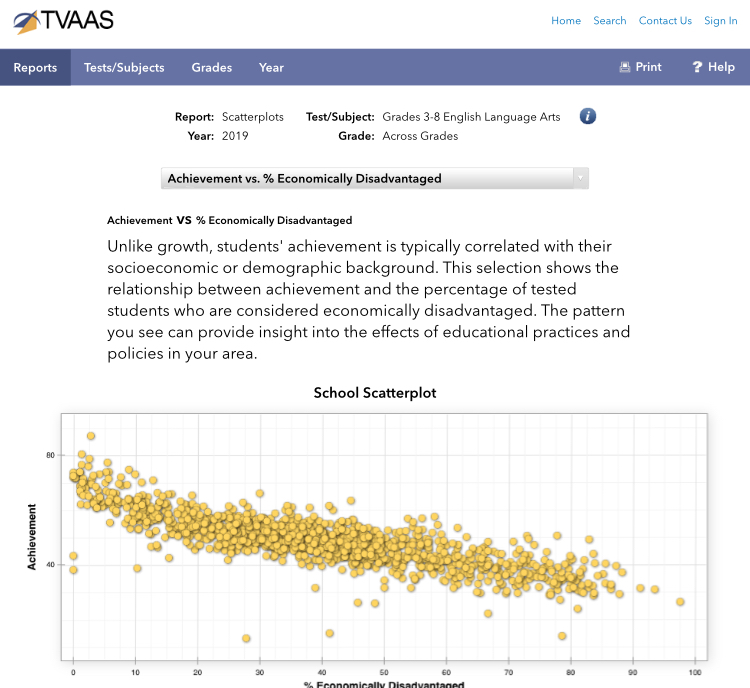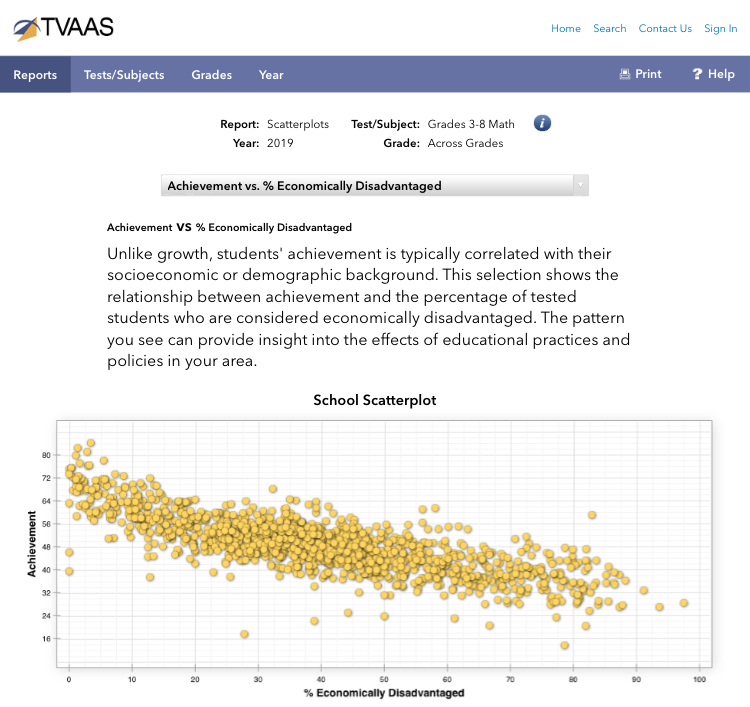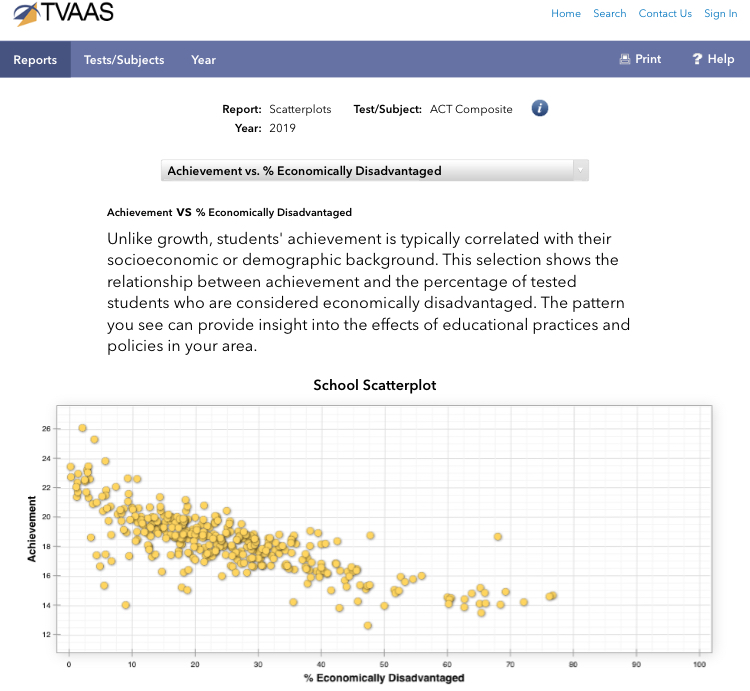The Tennessee Department of Education is holding a series of listening meetings about what to do with the troubled Achievement School District. One solution to the ongoing struggles would be to simply shut the district down. This would need to be done in a way that was not disruptive, but gradually turning the ASD schools back to district control could be the best solution in the long term.
An article in Chalkbeat sums up the problems with the district this way:
The achievement district was created seven years ago, and has struggled to turn its schools around. Its third leader left last summer, a study found the program has not improved student achievement, and no new schools will join the district this year school year.
One parent at the first listening session expressed the frustration felt by many who have watched the ASD over the years:
Marshaye Smith, a parent of five students at a state-run high school in Frayser, said it felt good to have a space to talk, but she was more interested in what the state does with the feedback.
“We’ve been hearing all this for years, and we’re saying our schools need more,” Smith said. “Are they actually going to use what they write down on paper?”
I’ve written and shared a lot about the ASD since it started, and Smith seems to nail the central issue: Will state leaders actually take the feedback and do anything? Again, one option would be to simply phase-out the ASD and provide districts additional support as they absorb students back into district schools.
In fact, if the state stopped ignoring key issues that contribute to the conditions that created the need for the ASD to begin with, perhaps students in ALL schools would see the benefit.
Back in 2015, I wrote about how the ASD had moved well beyond its original mission and noted that this expansion could be problematic. Now, it seems the problems are too great to ignore — or, at least great enough to cause state officials to hold “listening meetings” and write things down.
Imagine that instead of the sprawling state-run district with multiple charter operators functioning at varying degrees of efficacy, the state had collaborated with districts at persistently low-performing schools. Doing so would likely mean providing services beyond school for the students there. Focused intervention — meaning collaboration and support, not state takeover — could have changed the trajectory for kids in the schools targeted by the ASD.
Instead, we’re left with a struggling district that no one wants to run and a state listening tour where the greatest concern expressed is that nothing significant will actually change.
I say simply: Shut it down.

For more on education politics and policy in Tennessee, follow @TNEdReport
Your support — $5 or more today — helps make publishing education news possible.












